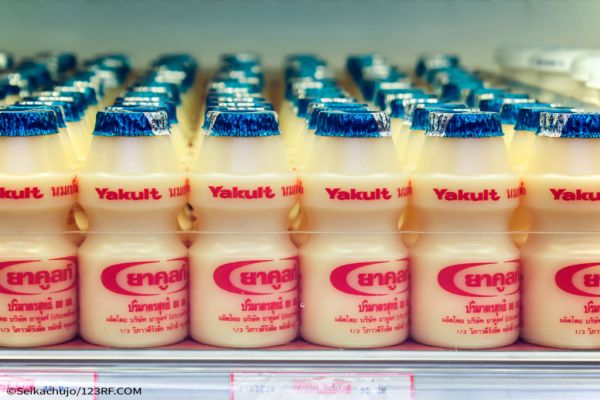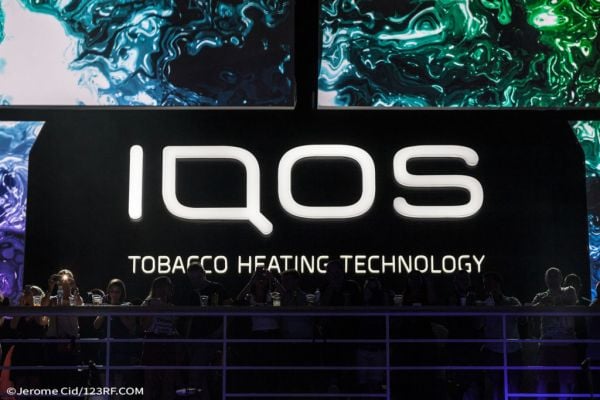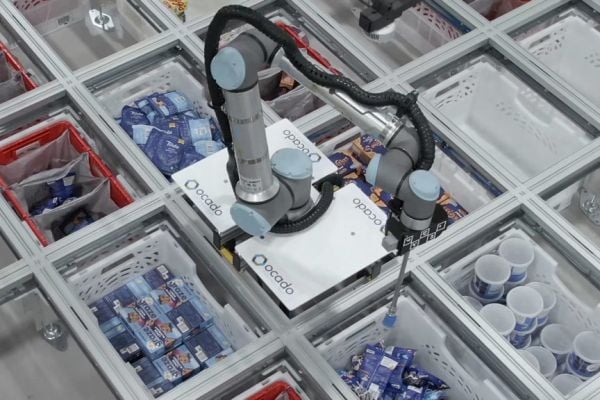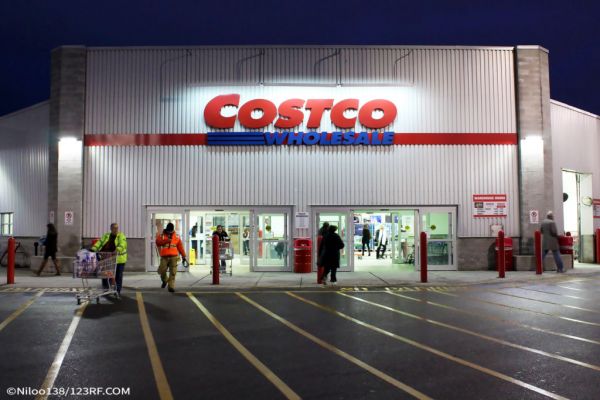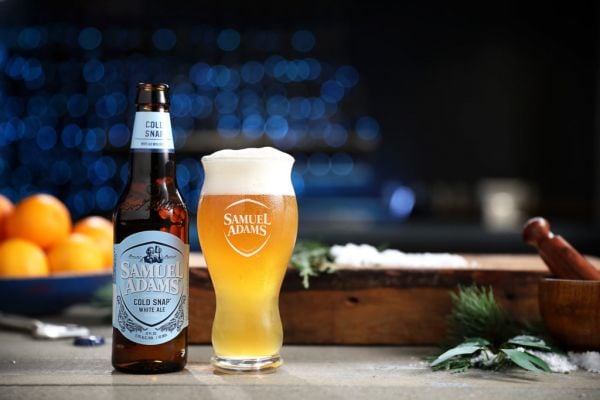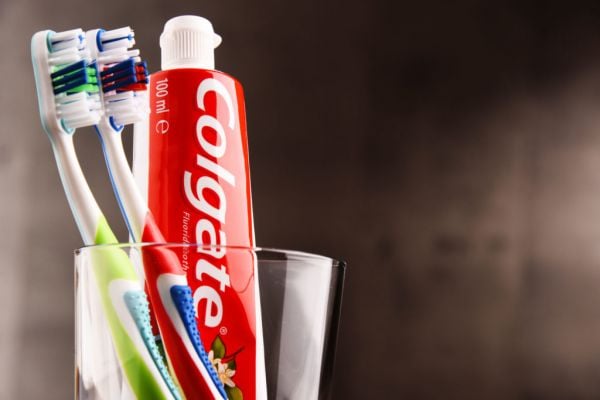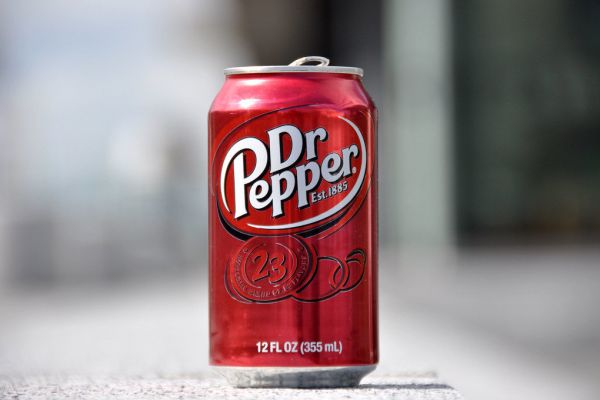Japanese dairy firm Yakult has outlined its strategy for the remainder of the decade, targeting ¥550 billion (€4.16 billion) in consolidated sales by 2030, which would be a 45% increase on its 2020 performance.
The group also expects to sell 52.5 million bottles of dairy products per day by the end of the decade, 10.5 million of which will be sold in its home market. This is up from the current consumption level of 40.14 million.
In the year to March 2021, Yakult reported consolidated sales of ¥378.5 billion (€2.86 billion), while operating income stood at ¥43.6 billion (€330 million). The group's operating income performance has more than doubled over the past decade – in 2010, operating income stood at ¥20.4 billion.
In terms of its overseas business, Yakult reported sales of ¥165.4 billion in the year to March, as well as operating income of ¥37.4 billion.
Yakult Thinks Global
In a presentation, Yakult said that over the next decade, it will 'increase the number of bottles of dairy products sold worldwide, consolidated sales and consolidated operating income' by growing its Food and Beverage (Overseas) division and improving the profitability of its Food and Beverages (Japan) arm.
In terms of driving overseas growth, Yakult has said that it will adopt a strategy of 'penetration and expansion', while also seeking to develop new growth models, while in its home market, it will seek to diversify, 'creating new products and services actively that respond to the diversifying needs of customers', it said.
'Contributing To Health'
Outlining the main goals of its 2030 Global Vision, Yakult said that it was seeking to 'evolve into a healthcare company that continues contributing to people's health around the world'.
It will seek to promote the message that a 'healthy intestinal tract leads to long life' to as many consumers as possible, offer a wider range of products tailored to individual health issues and preventative health, and bolster its environmental credentials, particularly around reducing the use of plastic containers and packaging, or making them recyclable.
Since 2017, the group has expanded to 39 new countries and regions, including UAE, Oman, Bahrain, Qatar, Kuwait, Denmark and Myanmar.
© 2021 European Supermarket Magazine. Article by Stephen Wynne-Jones. For more A-Brands news, click here. Click subscribe to sign up to ESM: European Supermarket Magazine.
